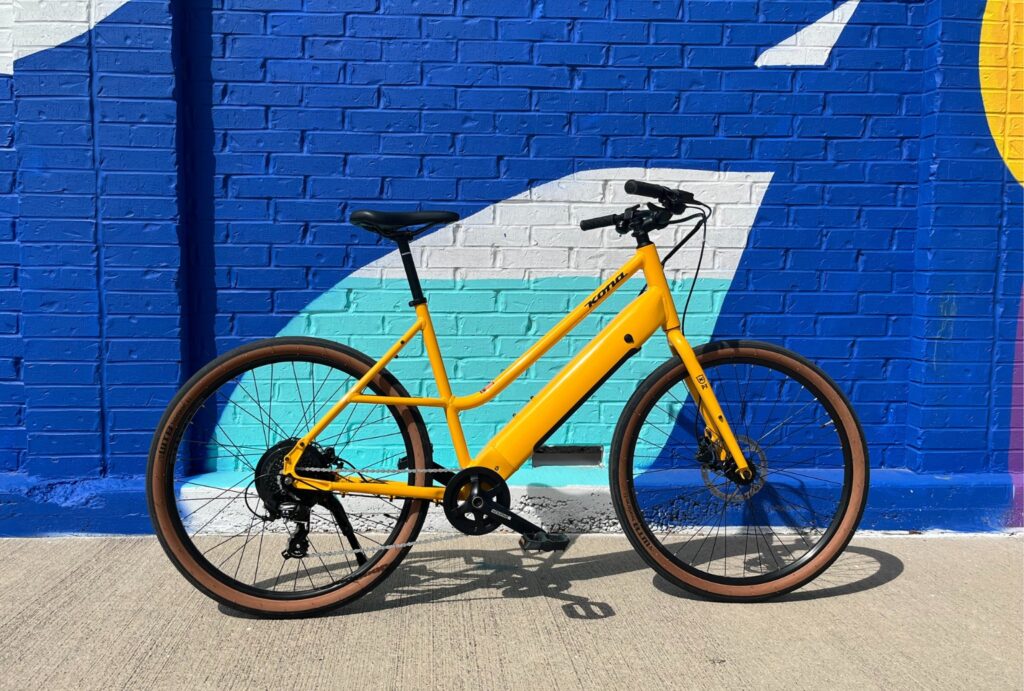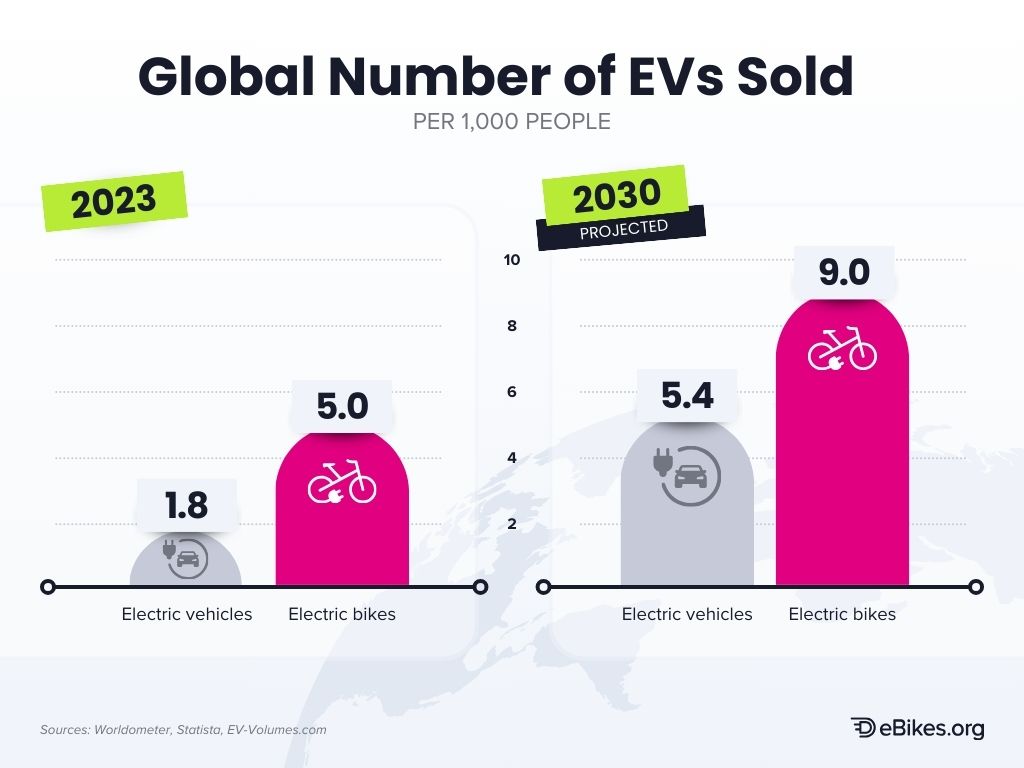Kona Bicycles, a popular bike (and e-bike) company based in the Pacific Northwest known for models like the Kona Coco HD, has just been sold again.
Just two years after its sale to Kent Outdoors, the parent company announced in a May 2024 press release that it sold the company back to a group led by its founders, Dan Gerhard and Jake Heilbron.
Rapid Changes in Kona Bicycles Ownership
Kent Outdoors bought Kona from its original owners in January 2022. This was the first time the company changed hands since its founding in 1988. While the three founders stayed on to help guide the company post-sale, things quickly went downhill.
The year after the sale, Kona closed its flagship store in Bellingham, Washington. It also laid off nearly all its sales representatives, instead shifting to a consumer-direct sales platform.

Kona Sale’s Impact on Company
Before the sale was announced, Kona mysteriously packed up its tent at the Sea Otter Classic and left without explanation. The event is one of the country’s biggest bicycling and outdoor sports festivals, so not attending seemed like a bad sign for the company.
According to an anonymous source and Kona employee, Kent Outdoors’ leadership remained disconnected from the cycling community and created a toxic working environment. The source asserts that Kona has millions in unpaid debt to suppliers, which could eventually slow down production if suppliers cut off Kona from further shipments.
The source also states that employees work long hours and on weekends, suffer job insecurity, and fear not receiving pay. In fact, another source claims only 11 people are working at the company.
The original founders’ return to save the company could be just what the brand needs to turn things around. Their group also includes other long-time Kona employees, so the brand seems to be in good hands once again.
Gerhard and Helibron announced that the first step in transitioning will be to temporarily pause direct-to-consumer sales in an effort to repair their relationships with its 1,000-location North American and European dealer network.
They also believe that private ownership can restore Kona bikes to competitive pricing. However, they’re still working out the details of dealer agreements and pricing structures.
Other Bike Companies Taking Hits
Kona Bikes isn’t the only one struggling in today’s market. SONDORS, a California-based electric mobility company, abruptly shut down its operations in 2023 and entered receivership. CAKE, a Swedish electric motorcycle maker, filed for bankruptcy in February of 2024, and VanMoof, another popular Dutch e-bike brand, went bankrupt in July 2023.
Other companies, like Zwift, are still afloat but struggling. The virtual cycling platform has executed three rounds of layoffs in three years. Trek Bicycle, a giant in the biking industry, has also cut back on spending by 10% and plans to reduce production by 40% between 2024 and the 2026 model year.
Many of the problems in the e-bike industry stem from the COVID-19 pandemic. E-bike growth exploded by 240% between July 2020 and July 2021. Unfortunately, that type of growth just hasn’t been sustainable, leading many companies to a tricky spot.
However, that doesn’t mean the market itself has crashed. Our research found that e-bikes accounted for 4% of the U.S. bicycle market — up from 1% in 2020. Additionally, 15% of the U.S. population owns at least one e-bike.

Unlike the traditional bike market, which immediately fell back to regular numbers after the pandemic, the e-bike market continues to grow exponentially. We even estimate that by 2030, there will be nine e-bikes sold per 1,000 people — compared to just five today.
Clearly, there are still significant opportunities in the e-bike market — as long as companies can find ways to navigate the current troubled waters and not overestimate the growing market interest.
The Future of the E-Bike Industry Is Safe for Now
While initially concerning, the second sale of Kona seems to bring great news for the e-bike industry. As the original owners regain control of the company, we’re excited to see if they can restore the brand to its former glory.
Even if Kona and other failing companies can’t be saved, e-bikes are still here to stay. We may just have to wait for emerging brands to take the helm.



